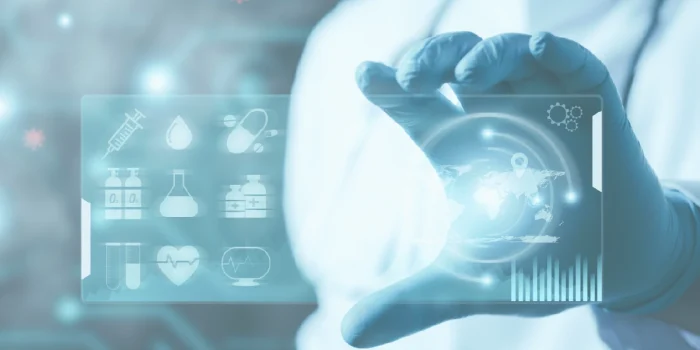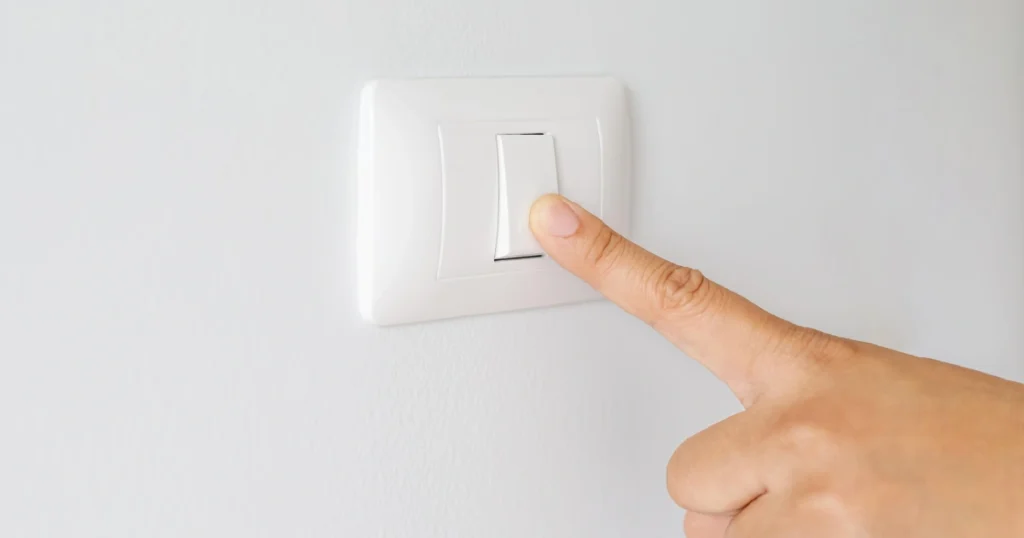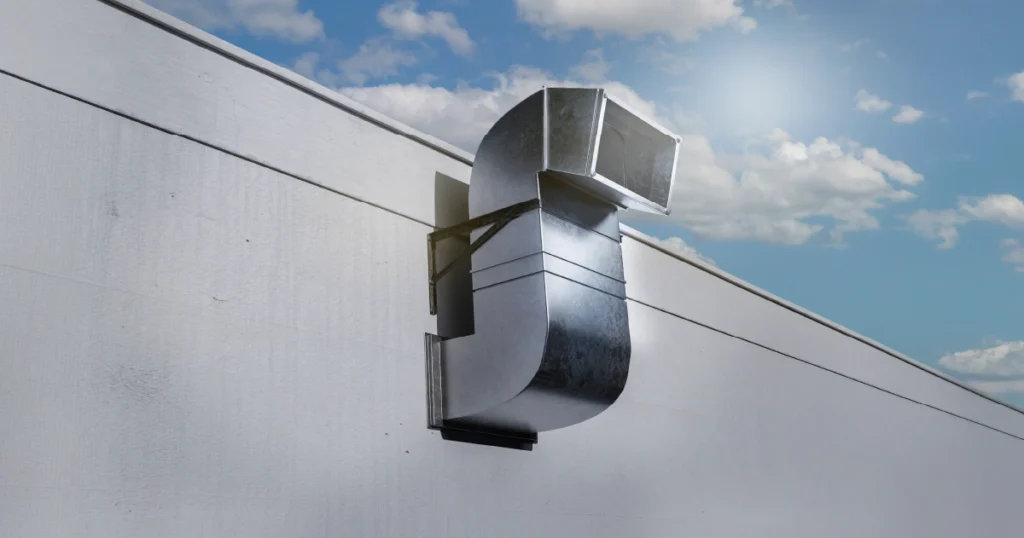Introduction
By 2030, health systems will be more digital, more connected, and more global than ever before. But technology and innovation will only improve outcomes if citizens are prepared to understand and use them wisely. Modernizing health education means equipping every individual—not only healthcare workers—with the knowledge and tools to navigate this new landscape.
From digital health apps to outbreak preparedness and the environment’s role in wellbeing, citizens will face complex choices.
What must every citizen understand by 2030 to thrive in this new era of medicine?
Why Modernizing Health Education Matters
Traditional health education emphasized hygiene, nutrition, and disease prevention. While still essential, the 21st century adds new layers: digital literacy, data privacy, and an understanding of global health challenges.
Modernizing health education ensures:
- Resilience: People who understand health risks respond faster in crises [1].
- Access: Up-to-date knowledge reduces gaps between those with advanced tools and those with fewer resources.
- Trust: Clear communication builds confidence in science and public health [2].
In short, modern health education prepares societies as much as it improves personal wellbeing.
What Every Citizen Should Know by 2030
- Digital Health Literacy
Smart devices track vital signs, sleep, and activity. By 2030, citizens must know how to use these tools, interpret results, and share data safely with providers [3]. - Responsible Medication Use
Medication errors remain a leading cause of preventable harm. Every person should understand dosage, side effects, and the dangers of misinformation [4]. - Preventive Health Practices
Vaccinations, screenings, and healthy lifestyles will remain central. Citizens must be able to separate evidence-based practices from online myths. - Understanding Pandemics and Preparedness
COVID-19 showed that knowledge saves lives. By 2030, every citizen should understand outbreak basics, misinformation risks, and the value of collective responsibility [5]. - One Health Awareness
Human health is linked to animals and the environment. By 2030, citizens should recognize how climate change, biodiversity, and food systems affect wellbeing [6].
Overcoming Barriers to Health Education
Challenges persist in making modern health education effective:
- One challenge is the digital divide: not everyone has access to advanced technology.
- Another issue is complex language: scientific terms can confuse non-specialists.
- Cultural sensitivity also matters: messages must respect traditions while staying accurate.
- Finally, misinformation remains a threat: false claims continue to spread online.
Therefore, health education must be practical, accessible, and culturally aware to ensure no group is left behind.
Strategies for the Next Decade
To prepare citizens by 2030, health education should evolve through:
- Schools and lifelong learning programs that add health, digital skills, and critical thinking into lessons.
- Public campaigns that use clear language and trusted local leaders to deliver messages.
- Digital platforms such as apps, online courses, and social media that broaden access.
- Community engagement efforts that encourage dialogue so citizens feel part of solutions.
Looking ahead, partnerships between governments, schools, healthcare providers, and technology companies will also be crucial. A collaborative approach ensures education keeps pace with scientific progress, while addressing local needs at the same time.
A One Health Perspective
Modern health cannot be separated from the wider ecosystem. The One Health framework emphasizes that human, animal, and environmental health are deeply connected. Rising zoonotic diseases, climate change, and antimicrobial resistance demonstrate this interdependence [6].
By embedding One Health thinking into education, citizens will see that protecting health also means protecting the environment and animal wellbeing. For example, preventing deforestation can help reduce the risk of zoonotic spillovers, while responsible use of antibiotics in farming can slow resistance that threatens human medicine. Such awareness transforms health education from a personal responsibility into a global survival strategy.
Conclusion
By 2030, every citizen should understand more than hygiene and nutrition. They must be ready for digital health, responsible medication use, global outbreaks, and the connections between humans, animals, and the environment.
Modernizing health education is about preparing societies for resilience. It ensures people can use technology responsibly, trust science, and make informed choices. Ultimately, modern health education will not just prevent disease—it will build healthier, smarter, and more engaged citizens for the future.
References
- Kickbusch, I. et al. (2020) ‘Covid-19: how a virus is turning the world upside down’, BMJ, 369, m1336. Available at: https://doi.org/10.1136/bmj.m1336.
- Nutbeam, D. (2008) ‘The evolving concept of health literacy’, Social Science & Medicine, 67(12), pp. 2072–2078. Available at: https://doi.org/10.1016/j.socscimed.2008.09.050.
- König, L., Kuhlmey, A. and Suhr, R. (2024) ‘Digital Health Literacy of the Population in Germany and Its Association With Physical Health, Mental Health, Life Satisfaction, and Health Behaviors: Nationally Representative Survey Study’, JMIR Public Health and Surveillance, 10, e48685. Available at: https://publichealth.jmir.org/2024/1/e48685.
- World Health Organization (2017) Medication Without Harm: WHO Global Patient Safety Challenge on Medication Safety. Available at: https://www.who.int/initiatives/medication-without-harm (Accessed: 25 September 2025).
- Roozenbeek, J. et al. (2020) ‘Susceptibility to misinformation about COVID-19 around the world’, Royal Society Open Science, 7(10), 201199. Available at: https://doi.org/10.1098/rsos.201199.
- Amuasi, J.H. et al. (2023) ‘One Health: a new definition for a sustainable and healthy future’, One Health Outlook, 5(5). Available at: https://doi.org/10.1186/s42522-023-00085-2.













